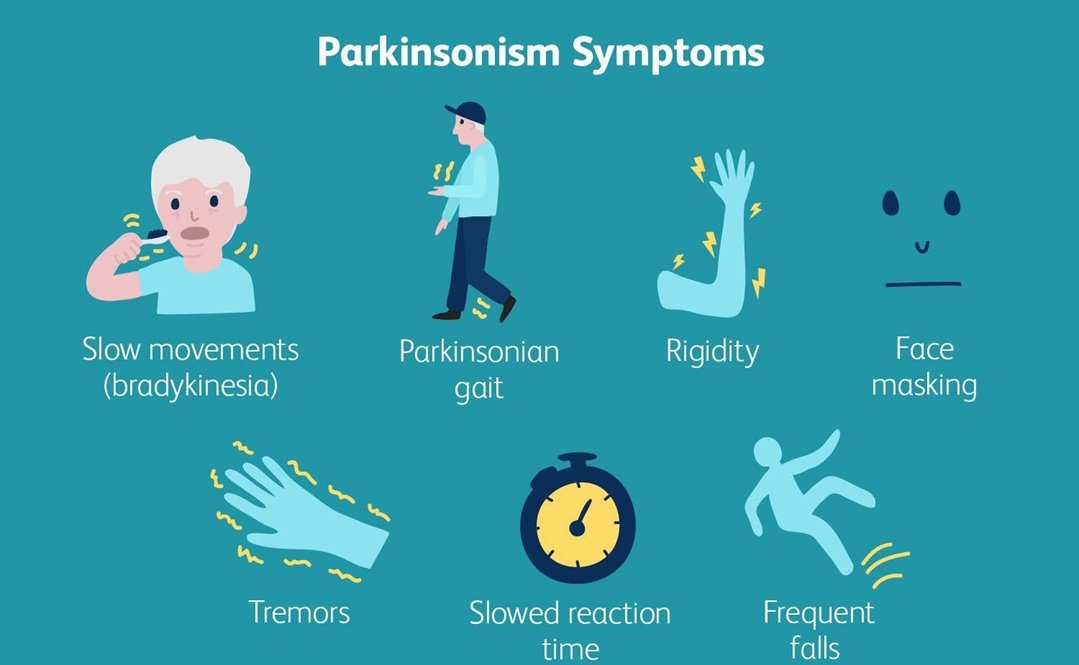The nurse is educating a client and family regarding the effects of antipsychotic medications. Which extrapyramidal symptoms that may be caused by antipsychotic drugs will the nurse include in the education plan? Select all that apply.
Akathisia
Neuroleptic malignant syndrome
Dystonia
Tardive dyskinesia
Pseudo-parkinsonism
Correct Answer : A,C,D,E
Choice A reason: Akathisia is characterized by restlessness and a constant urge to move. It is a common side effect of antipsychotic medications.
Choice B reason: Neuroleptic malignant syndrome is a rare but serious reaction to antipsychotic drugs and is not classified as an extrapyramidal symptom.
Choice C reason: Dystonia involves involuntary muscle contractions and spasms, often affecting the head and neck, and is a known extrapyramidal symptom.
Choice D reason: Tardive dyskinesia is marked by repetitive, involuntary movements, typically of the face and extremities, and is an extrapyramidal symptom that can occur after long-term use of antipsychotics.
Choice E reason: Pseudo-parkinsonism mimics symptoms of Parkinson's disease, such as tremors and slowed movement, and is an extrapyramidal side effect of antipsychotic medications.

Nursing Test Bank
Naxlex Comprehensive Predictor Exams
Related Questions
Correct Answer is D
Explanation
Choice A reason: Engaging in activities might be too demanding during a panic atack and could potentially exacerbate the client's anxiety.
Choice B reason: While medication may be part of the treatment plan, the immediate priority is to ensure the client's safety and comfort, which is best achieved by staying with them.
Choice C reason: Offering therapy in the midst of a panic atack is not practical; the immediate need is to help the client feel safe and manage their acute symptoms.
Choice D reason: Staying with the client to assess their needs is the most appropriate immediate intervention to ensure safety and provide reassurance during a panic atack.
Correct Answer is A
Explanation
Choice A reason: This is the correct choice. Given the client has not eaten for several days, addressing nutritional needs is a priority to prevent further physical health complications.
Choice B reason: While there may be a risk for violence, the immediate physical health needs related to nutrition are more pressing.
Choice C reason: Ineffective health maintenance may be a concern, but it is not as immediate as the risk posed by imbalanced nutrition.
Choice D reason: There is no indication in the text that the client is at risk for suicide; therefore, this would not be the priority without further assessment.
Whether you are a student looking to ace your exams or a practicing nurse seeking to enhance your expertise , our nursing education contents will empower you with the confidence and competence to make a difference in the lives of patients and become a respected leader in the healthcare field.
Visit Naxlex, invest in your future and unlock endless possibilities with our unparalleled nursing education contents today
Report Wrong Answer on the Current Question
Do you disagree with the answer? If yes, what is your expected answer? Explain.
Kindly be descriptive with the issue you are facing.
